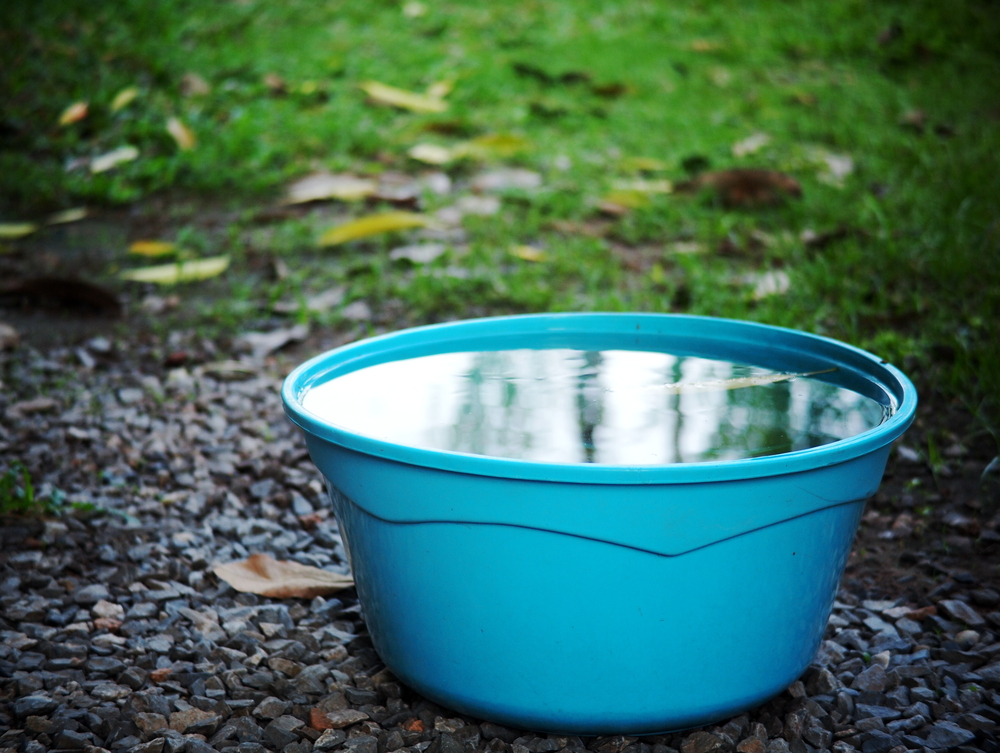Water is the most used and needed resource on earth. It is also the scarcest and sought after in many low level income countries.
Papua New Guineans are some of the many who make up more than about 650 million people around the world who have poor access to improved source of drinking water.
While that is a problem of its own, another threat stands in the way to intensify the risks that this group of population will face – a predicted El Nino.
Port Moresby’s primary water distributor, Eda Ranu has called on the public to be water-wise these coming months to save water.
Simple water-saving practices can go a long way in retaining water during dry seasons – and it doesn’t cost you anything.
Ways you can save water during your daily tasks:
- Shower bucket: fetching a bucket to wash instead of using running water or if you prefer washing with running water then you could save water by cutting your shower time short.
- Turning off the tap while brushing your teeth/hands/plates etc
- Fix leaking pipes and taps
- Water plants during early mornings as it is during these times that less water evaporation takes place
- Fetch water in dishes/block sinks to wash dirty plates, cups and pots etc.,
- Use less electricity: Power stations use thousands of gallons of water to cool, so reducing power usage contributes indirectly to you saving water
- Use dishwashers and washing machines only when it’s a full load
- Letting the grass in your yard grow to about 3 inches promotes water retention in the soil
- Water your loan only when it needs it. One way to tell is to stand on the grass to see if it bounces back up, if it doesn’t then it needs watering
- Use buckets and avoid running the hose when washing your car
- Create compost piles for your gardens and flower beds so they help to retain water in the soil. A good way to retain soil moisture is to heap fallen leaves under the plants in your yard.
- ‘If its yellow let it mellow if its brown flush it down’: another way of water conservation in the house is to reduce the number of toilet flush. It is the idea of not flushing after urinating. The average person urinates about 6 times per day, equal to 7.6 gallons flushed, so to flush only when necessary, by that I mean a number 2 situation, you can save more water in the toilet
- Collect water you use to rinse vegetables, fruits etc, and reuse it in the garden for your plants
- Catch rain water and store them in containers with lids to use for outdoor activities such as washing your car, watering your plants etc.
- Cook food in ample water, avoiding over use of water when cooking
You can also report any leaking pipes, blocked or over flowing sewage drains to Eda Ranu.
Related articles:
Access to Clean Water and Reliable Sanitation Facilities Needed
Preparation Workshop begins for possible El Nino


